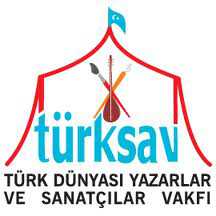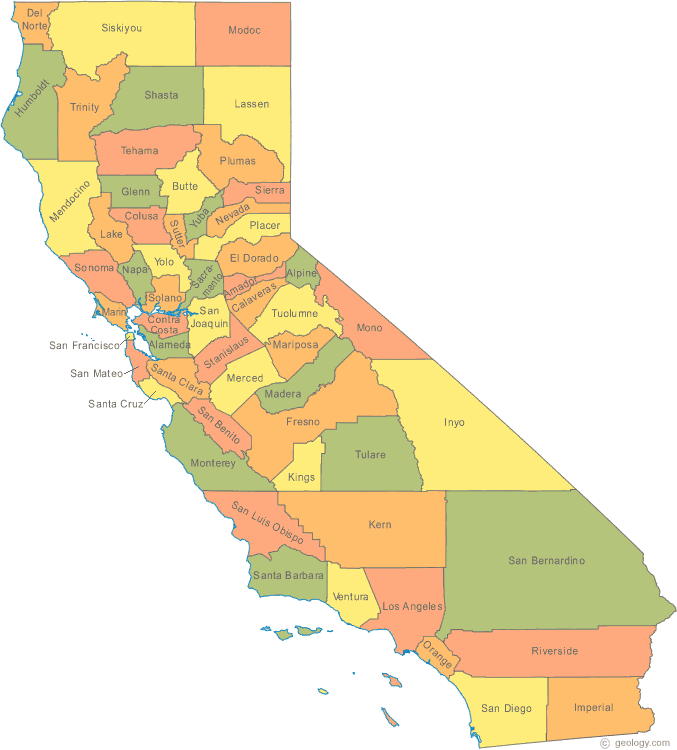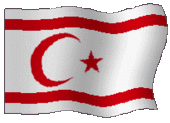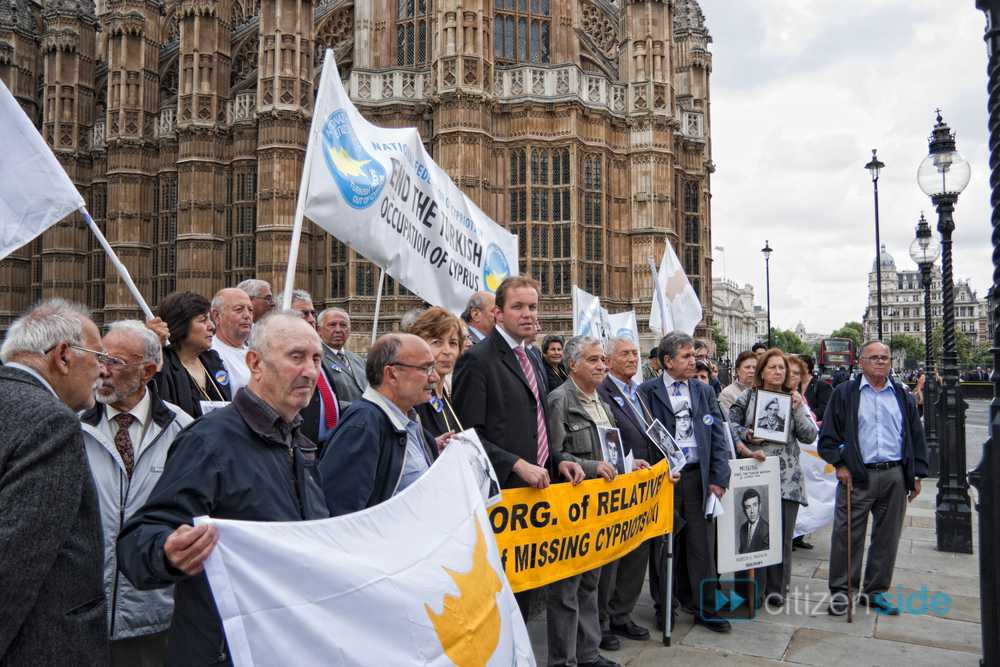The Armenian Weekly publishes the full text of a talk delivered by Dr. Taner Akcam (Clark University) during a panel on ‘Overcoming Genocide Denial’ organized by Fordham Law School’s Leitner Center for International Law and Justice on Dec. 4. Speakers included Akcam, Gregory Stanton (George Mason University), and Sheri Rosenberg (Cardozo Law School).
“Why do we Turks continue to deny the genocide?”
Or, stated another way, Why do we Turks feel like lightening has struck our bones whenever the topic is brought up?
I’ve been dedicated to researching the subject of the Armenian Genocide since 1990, more than 20 years. This question keeps getting asked over and over again with unerring consistency. The question is a simple one, but as the years have passed my response to it has changed. At first, I tried to explain the denial through the concept of “continuity,” namely, governmental continuity from the Ottoman Empire through the Turkish Republic. Another way of formulating this thesis might be by titling it, “The Dilemma of Making Heroes into Villains.” The argument is very simple: The Turkish Republic was actually established by the Union and Progress Party (Ittihat ve Terakki), the architects of the Armenian Genocide of 1915. The founding cadres of Turkey were essentially Union and Progress members. And so, a significant number of the founding cadres of Turkey were either directly involved in the Armenian Genocide or they enriched themselves by looting Armenian properties. But these individuals were also our national heroes—they are the founding fathers of our nation. If Turkey acknowledges the genocide, we would have to accept that a number of our national heroes and founding fathers were either murderers, thieves, or both. This is the real dilemma.
Those individuals, as we were taught in school, were men who “created our nation and the state out of nothing.” They define who we are. This is true not only for the early generation of the Turkish nation, but also for the opposition movements of the country, including the largest wave of a democratic-progressive movement Turkey had ever seen: the 1968 student protest movement. The representatives of this wave and its political organizations strongly identified themselves with the founding cadres of the republic. They called themselves, in analogy with the founding fathers, the second “Kuvayi–Milliyeciler” or “national front,” a specific term that we use only to define our founding cadres. This strong identification with the founding fathers was not particular to the progressive ‘68 generation. It has been true for any of the groups active in Turkey: nationalist, Islamicist, or other right wing circles.
In other words, in order to accept the genocide, in our present state, we would have to deny our own national identity, as it exists today. That is a very difficult task, an almost impossible one, and very destructive. Instead of dealing with the identity crisis and the emotional and political fallout that will result from accepting the genocide, think about it: Wouldn’t it be so much simpler to just deny it?
I started to modify my response to the question “Why do Turks deny the genocide?” over time. I added one more reason for Turkish denial. It is also a very simple argument. If Turkey accepts that the genocide took place, it will be obligated to pay reparations. The argument has some wider consequences than whether the events of 1915 should be termed “genocide.” Let’s assume that 1915 was not genocide, and imagine that the Union and Progress Party had deported the Armenians from a cold, mountainous, and infertile area to a sunny warm and fertile region; pretend, in other words, that the Armenians had been dispatched to Florida. However, everything that these people owned was confiscated in the process and not a single penny was paid back to them. Even if you refuse to accept the events of 1915 as genocide, you have to accept the fact that the country of Turkey today was formed on the seizure of Armenian assets, and now sits on top of that wealth. As a result, if you accept and acknowledge that something unjust happened in 1915 in Turkey, you have to pay back compensation. Therefore, in order to avoid doing that, denying genocide outright makes a whole lot of sense.
I have continued to add some additional factors to explain Turkish denials, such as the phenomenon that occurs when you repeat a lie. Even in ordinary daily life, how easy is it to reverse yourself once you’ve told a lie? The lie about genocide has a history of decades and has become calcified. A state that’s been lying for 90 years can’t simply reverse course. Even when you know you’re telling untruths, they acquire the veneer of reality after so many years.
But these points are only useful for explaining why the state has continued to deny the genocide. As the years passed, I started to write that the term “Turkish denial” was inadequate for fully explaining the situation. I questioned the validity of the use of the term “Turks” to reflect a homogeneous entity that defines not only the people of Turkey but the state of Turkey, as well. I suggested making a distinction between state policy and the attitude of the people of Turkey towards genocide. I argued that the term “denial” was adequate in explaining state policy, but not that of society. The attitude of society should more accurately be portrayed as one of ignorance, apathy, fatalism, reticence, and silence, rather than denial.
Turkish society is not a monolithic block, and can be considered analogous to a train. It’s made up of lots of different cars, and each car represents a different sub-cultural ethnicity with a different attitude towards what happened in 1915. I’ve stated many times that a large portion of Kurds, Dersimians, and Alewites have accepted the reality of what happened in 1915, and that the real problem is that these different groups have not been able to express their thoughts on it in a way that was forceful, firm, and especially written. I used the terms silence and avoidance not only in the sense of a single attitude that is jointly held by all segments of society, but also to mean not openly taking a stance toward the official state narrative. One has to accept that all of these distinctions are important, and perhaps vital, to understanding the development of civil society in Turkey today, but that they are still not enough to explain why denialism is such a dominant part of the cultural landscape in Turkey.
So, my thinking has begun to change, yet again, recently. I don’t mean to say that my previous explanations were necessarily incorrect. Just the opposite: I still believe that these factors play a major role in the denial of the Armenian Genocide. However, I have now started to think that the matter seems to have roots in something much deeper and almost existentialist, which covers the state as much as the society. The answer to the question seems to lie in a duality between existence and non-existence—or, as Hamlet would say, “to be or not to be.” I believe our existence as a state and a society translates into their—Christians in Anatolia—non-existence, or not-being. To accept what happened in 1915 means you have to accept the existence of them—Christians—on Turkish territory, which is practically like announcing our non-existence, because we owe our being to their non-existence. Let me explain.
In order to provide more clarity, I would like to introduce Habermas to the topic. Habermas points out that within the social tissue and institutions of societies resides a “secret violence,” and this “secret violence” creates a structure of communication that the entire society identifies with.[1] Through this way of “collective communication,” the restrictions and exclusion of certain topics from public discourse are effectively institutionalized and legitimized. What is meaningful to note here is that this structure is not imposed on the society by the rulers, but is accepted and internalized by those who are ruled. There is a silent consensus in the society.
I would like to borrow another term from author Elias Siberski to shed some light on this condition–“communicative reality” (die kommunikative Wirklichkeit). Siberski uses this term to describe a very important characteristic of secretive organizations.2 According to Siberski, secretive organizations create an internal reality through a method of communication that is totally different from the real world. The situation in Turkey today resembles this very closely. As a society, we are like a secret organization. Since the establishment of our republic we have created a “communicative reality,” which sets out our way of thinking and existence over “state and nation.” It gives shape to our emotions and defining belief systems, or, in other words, our entire social-cultural net of relations. In sum, the things that make us who we are or at a minimum who we think we are. What is important to note is the gap between this “communicative reality” and actual reality.
In the end, this “communicative reality” has given us speakable and unspeakable worlds, and has created a collective secret that covers our entire society like a glove. It has created one big gigantic black hole. We are, today, a reality that possesses a “black hole.” This existence of a huge “black hole,” or the possession of a “collective secret,” or creation of a “coalition of silence”—these are the terms that define who we are… We simply eradicated everything Christian from this reality. This is how we teach Ottoman history in our schools, this is how we produce intellectual-cultural works about our society.
My opinion is that the secret behind the denial of the Armenian Genocide, or the unspeakableness of it, lies somewhere in here. What happened in 1915 is Turkish society’s collective secret, and genocide has been relegated to the “black hole” of our societal memory. Since the founding of the Republic of Turkey, all of us, rightists and leftists, Muslim, Alewite, Kurds, and Turks, have created a collective “coalition of silence” around this subject, and we don’t like being reminded of this hidden secret that wraps around us like a warm, fuzzy blanket. The reminders have an annoying irritating quality and we feel confronted by a situation that leaves us unsure of what to do or say.
Because, if we are forced to confront our history, everything—our social institutions, mentalities, belief systems, culture, and even the language we use—will be open to question. The way a society perceives itself is going to be questioned from top to bottom. As a result, we don’t appreciate the “reminders.” We view reminders as “force,” and react quite negatively to them. All of us, rightist and leftist, search for excuses, but we together seem to be crying out, as if in chorus, “Here we are minding our own business, not bothering anyone, when you appeared out of nowhere. Where did you come from?” It is as if we, as a nation, are making this collective statement: “If you think we are going to destroy the social-cultural reality we created with such great care over 95 years, with one swipe of a pen, think again!”
The Armenian Genocide is a part of a more general framework that is directly related to our existence. The republic and the society of Turkey today have been constructed upon the removal of Christians—the destruction of an existence on a territory that we call our homeland. Since we have established our existence upon the non-existence of another, every mention of that existence imparts fear and anxiety in us. The difficulty we have in our country with speaking about the Armenian issue lies within this existence-non-existence duality. If you’re looking for an example that comes close to this, you don’t need to look far: The history of the Native Americans in the U.S. bears similarities.
So, I think we have to reverse the question: The central question is not why Turkey denies the genocide, but whether we the people of Turkey are ready, as a state and as a society, to deny our present state of existence. It seems that the only way we can do that is by repudiating how we came to be and by creating a new history of how we came to exist. Are we capable of doing that? That’s the true question.
Notes
[1] Jurgen Habermas, “Die Ütopie des guten Herrschers,” in: Habermas, Kultur and Kritik (Frankfurt a.M., 1973), p. 386-7.
2 Elias Siberski, Untergrund und Offene Geselschaft, Zur Fragen der strukturellen Deutung des sozialen Phaenomens (Stutgart, 1967), p. 51.






